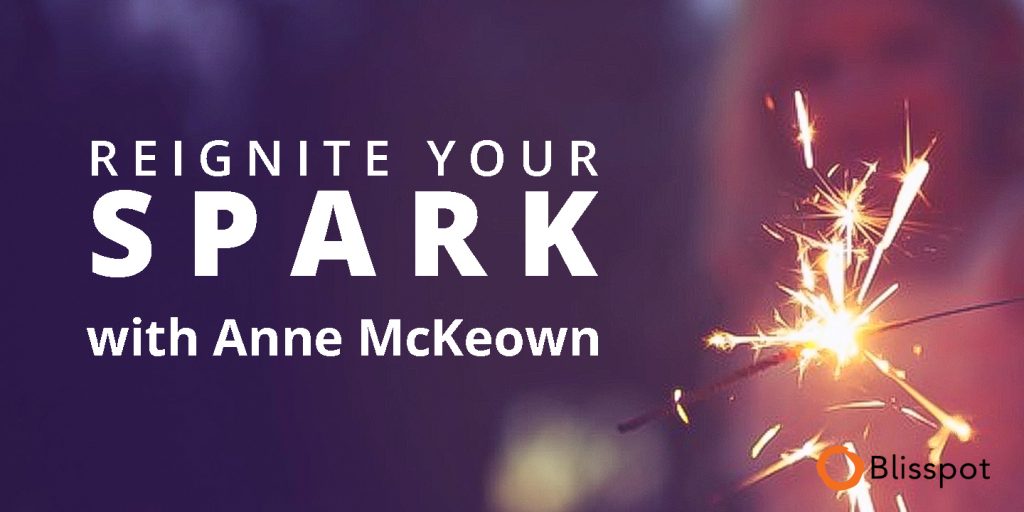In the 1970s linguist, John Grinder and mathematician Richard Bandler studied individuals who were excellent in their field to find out what made them different from those who were merely competent. They discovered that their beliefs, mindset, and strategies are what set them apart.
Beliefs
Did you know that our perceived limits are not our actual limits?
Most of us are limited by what we believe is possible. For example, no one believed it humanly possible to run a mile in four minutes. When Roger Banister was training for this feat, doctors told him that his body would not cope. They said his lungs would explode and his heart would stop under the pressure. He didn’t listen to them. He just did it! He ran a mile in 4 minutes and lived to tell the tale. That same year 35 runners completed a mile in four minutes too. Once they believed it was possible, they challenged themselves to do it and they did it! A teacher once told me that I was no good at foreign languages, so I stopped studying French at school. Years later I had the opportunity to live in Spain but was worried about the language barrier, so much so that I nearly didn’t go. Within three months I was contributing confidently to conversations and many Spaniards said I had a great accent.
Are there things in your life or business that you would like to achieve but believe to be impossible? Are there things that you think are possible ‘for other people’ but not for you? I encourage you to challenge your own beliefs.
Mindset
People with a fixed mindset see things as black and white, positive or negative, right or wrong. They tend to judge others by their standards, they struggle to get on in life. Those with a growth mindset see things as just ‘different’ they are open to shades of grey.
Scientists have proven that the quality of our thoughts has an impact on our whole body. The mind and body communicate through our emotions. Our emotions are a result of our feelings and our feelings are a result of our thoughts. It is well known that depressed people have a tendency to get sick more often than those who have a brighter outlook.
In my late twenties, I had an experience that proved this theory. I was single, overworked and stressed. I put my business before everything else: long hours, no exercise, no downtime, no fun, just work, work, work. As a result, I became run down and ill. I asked my mum to come and keep me company for a few days (a four-hour train trip for her).
The next day an interesting thing happened… A guy I liked, phoned and asked me out for lunch – I leapt out of bed, put on a colourful dress, make-up, styled my hair and bounced out the door to meet him. My mum couldn’t believe the difference in me and no longer feeling needed, she went back home. The only thing that had changed was my thoughts/outlook on life!
Strategies
It’s not what we do, but the way that we do it that really makes a difference. The structure and systems that you implement in your family or business should help you be efficient and save time if your systems are causing you more work then ditch them or pay someone else to keep on top of them. Do not be afraid to delegate, everything will thrive if you are free to work on growing, instead of being held back by mediocre tasks that take up your whole day. Strategies are like habits and can be good or bad. Often we do things a certain way just because that is the way we have always done them. Take a step back from your life and work, and really analyse the strategies you currently have in place and what return they bring. If this is not positive then you must break this habit and start to implement new strategies, I like to call them ‘powerful procedures’. Teach them to every family/team member and make sure they follow these new habits every day too.
With positive beliefs, an open mindset and systematic strategies you are bound to succeed in all areas of life.









Thanks Anne! Another great read, love your articles!